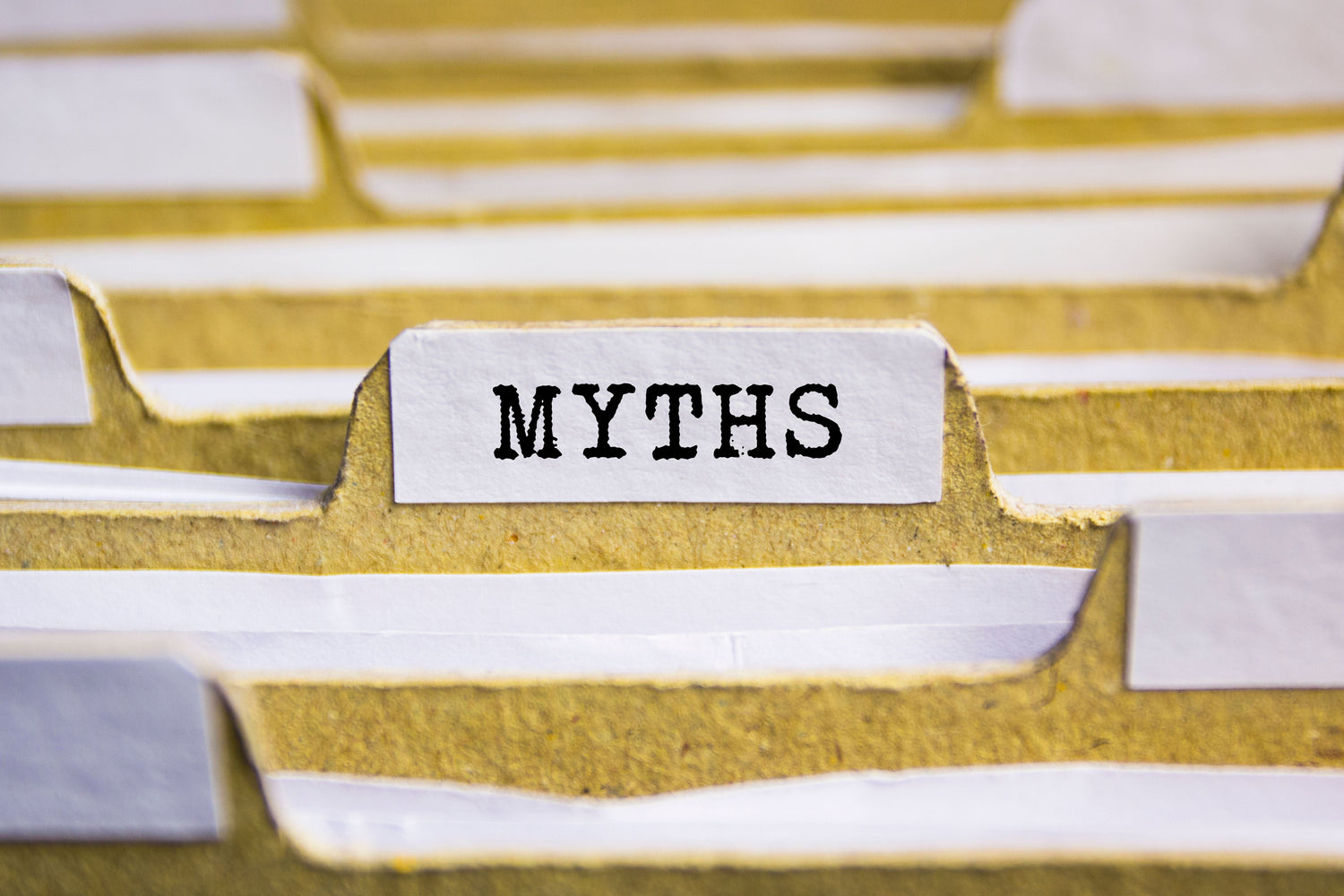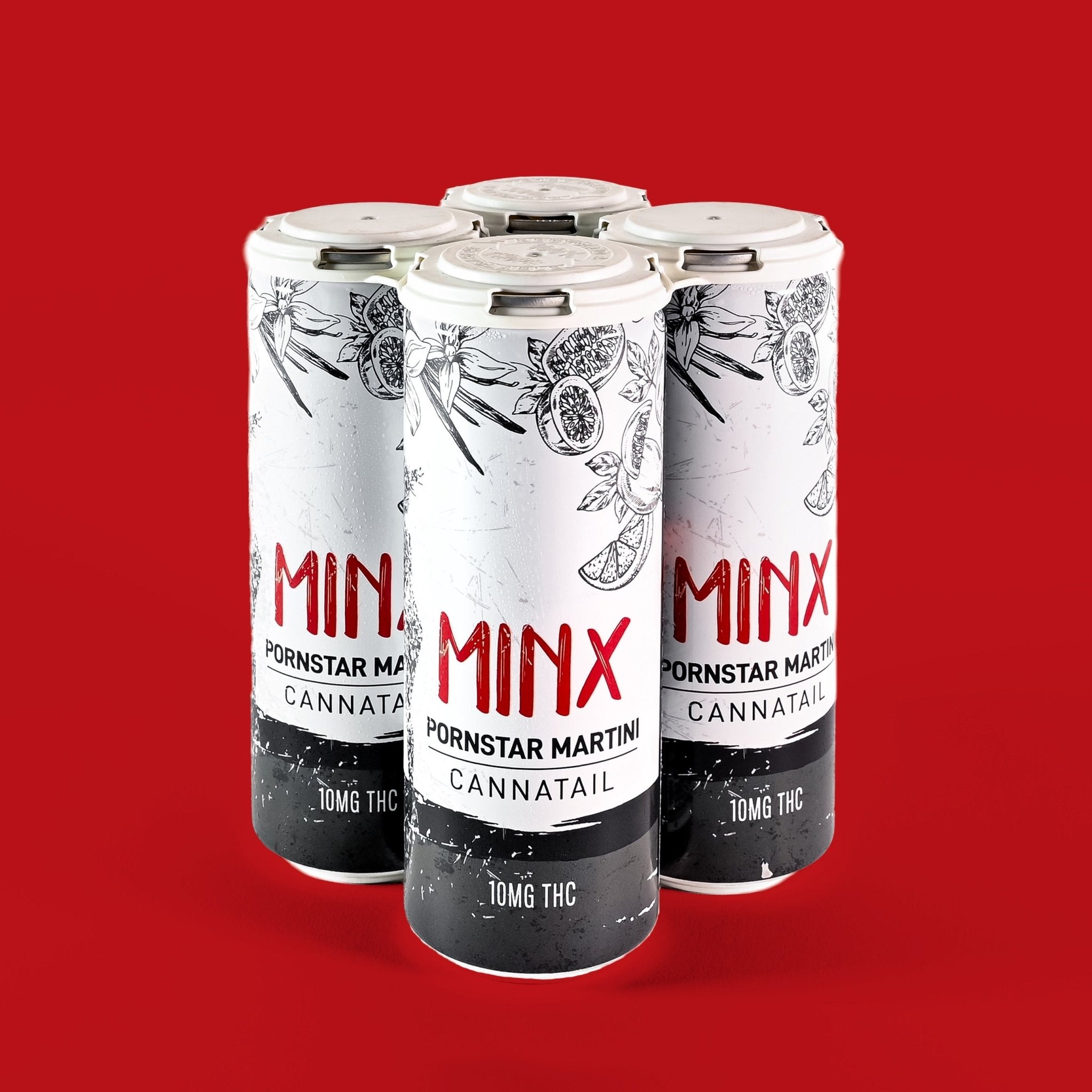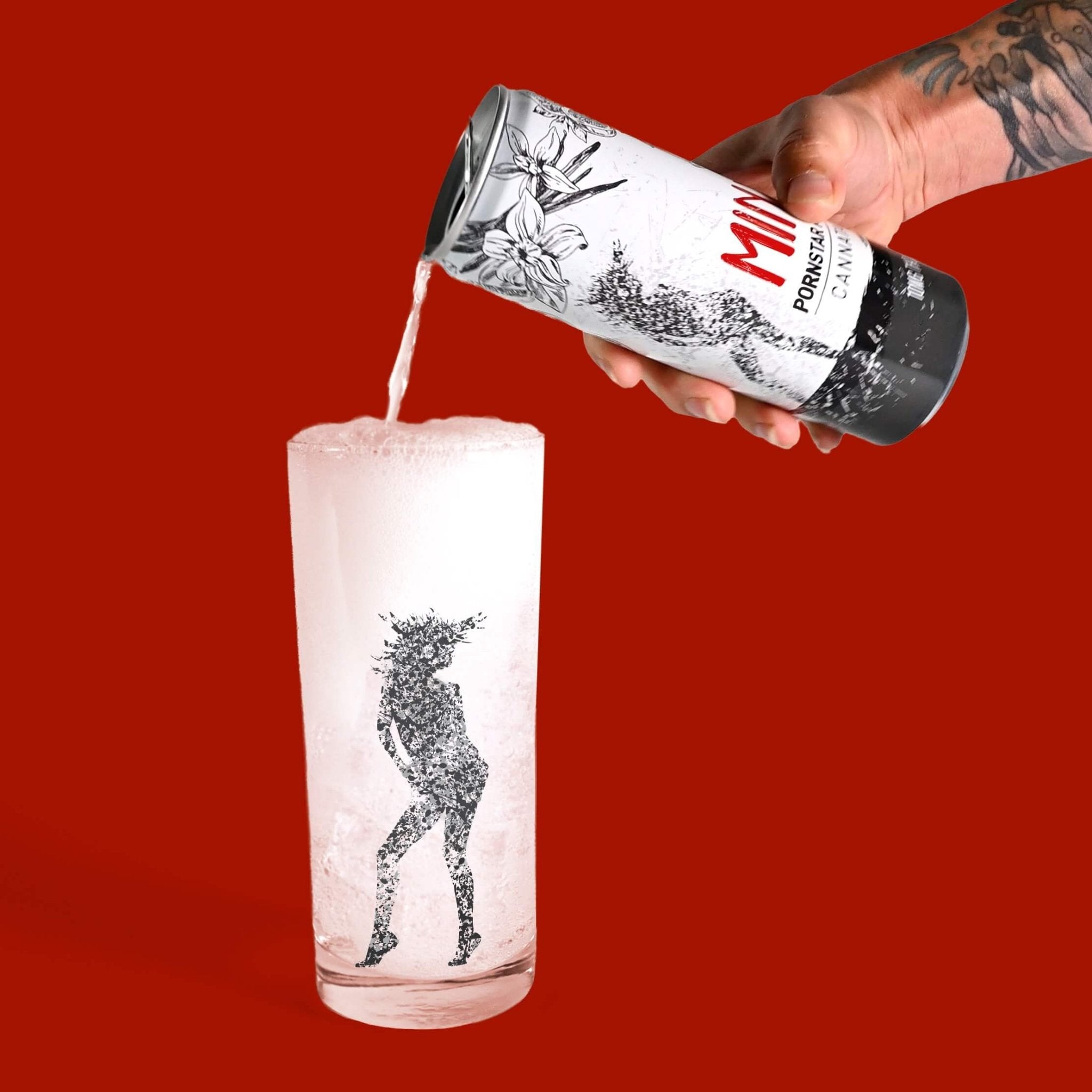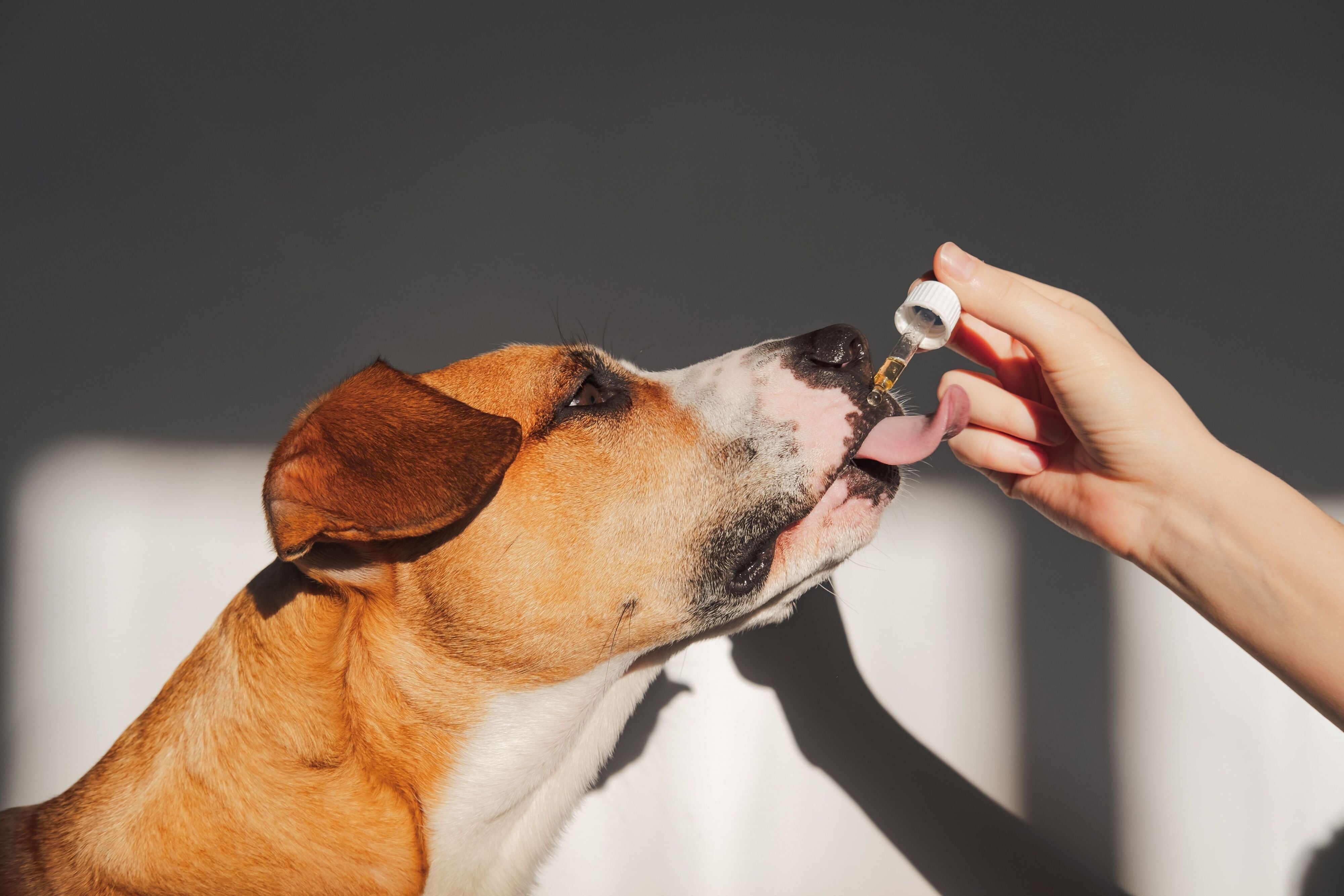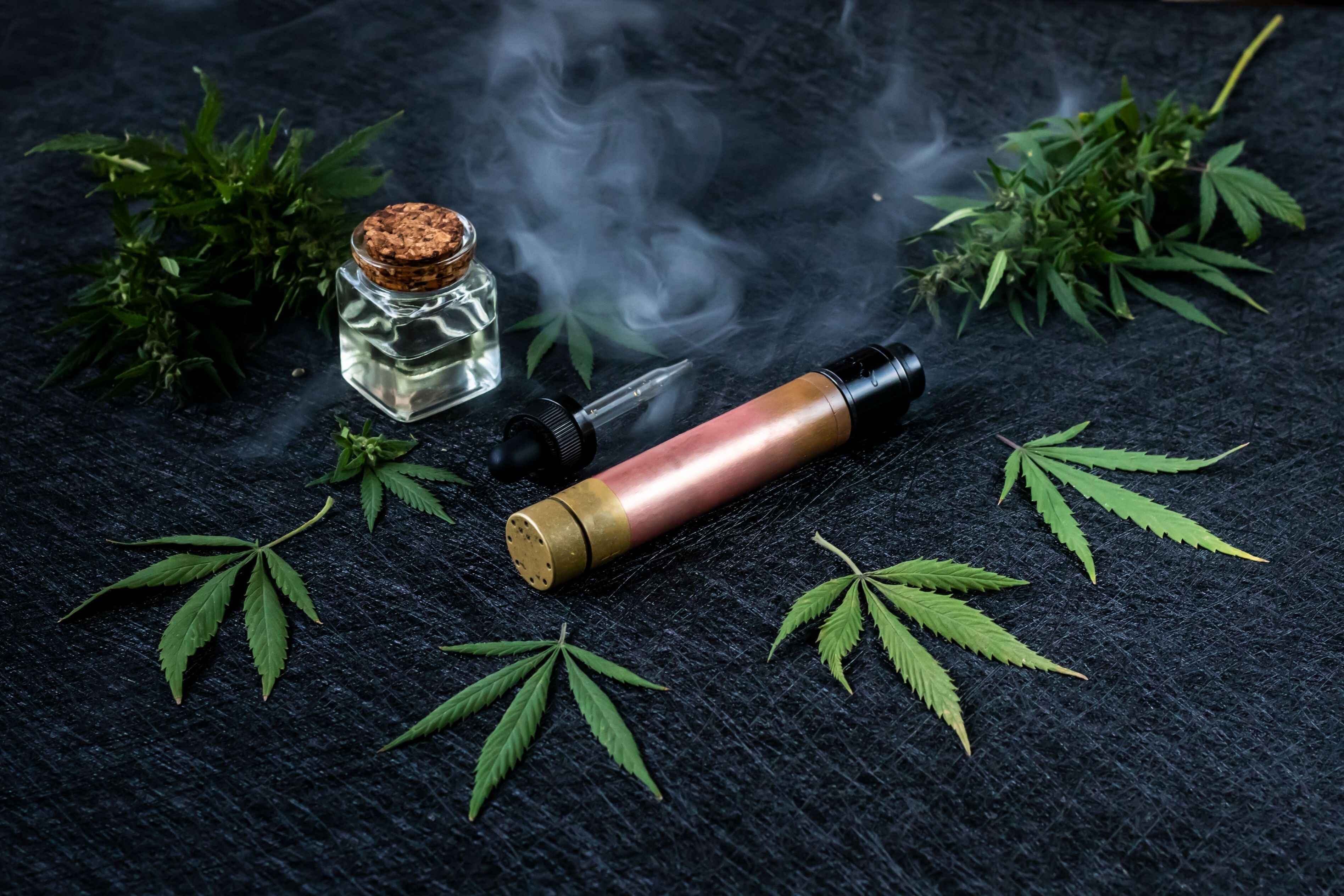
The CBD market has grown quickly since the 2018 Farm Bill legalized hemp products. However, that fast growth and the newness of the industry may have contributed to the spread of some misinformation about CBD.
Business Insider recently published an article highlighting some of the more common myths surrounding CBD products. In an effort to find the truth about these myths, this publication interviewed two healthcare experts with CBD expertise.
Dr. Chanda Macias is reportedly the CEO of Ilera Holistic Healthcare and has been working in the cannabis industry since 2011. Dr. June Chin has reportedly worked as an integrative cannabis physician for over 15 years treating both children and adults.
Myth 1: CBD gets you high
One of the most common misunderstandings that consumers have about CBD is that they think it will make them feel high. This is not the case.
Delta-9-THC is the compound in cannabis that is typically associated with a feeling of euphoria. Although CBD also comes from cannabis plants, it is a compound that does not cause this euphoric feeling. Some CBD products do contain trace amounts of Delta-9-THC, but these trace amounts are not enough to cause someone to feel intoxicated.
“A lot of people think that CBD gets you high,” Macias said. “CBD doesn’t make us feel high, but it definitely makes us feel less anxious and more relaxed. So when people say they use it to fall asleep, I can understand why they feel that way.”
Macias further explained that CBD can actually have the opposite effect of Delta-9-THC because “it can reduce the effects of feeling intoxicated.”
Myth 2: CBD works the same for everyone
Some people assume that a CBD product that works well for someone else will work equally well for them. Consumers who believe this common misconception could be setting themselves up for a disappointing experience. In rare cases, they could even be setting themselves up for a risky experience.
“CBD does not work the same for everyone. Everybody has a different system, physiologically,” Macias said.
She went on to explain how the right dosage of a CBD product can depend on many factors that are unique to each individual, such as weight, tolerance levels, previous use and other factors.
“If you think about prescription medications or even supplements, that’s not the same reaction for everyone either,” Chin explained. “So CBD is going to be very, very different for each individual. Depending on our metabolism, our body’s own enzymes, some patients will find that it works right away. Some patients will find that it takes a few hours.”
The method of consumption can also affect results.
“Some of my patients that use CBD for anxiety or for panic attacks, and sometimes before that panic attack comes on, before you start spiraling, you need something to work within 30 seconds. And that's when you would use an inhaled version of CBD, such as the vape cartridge or a flower,” Chin explained.
She added, “Some of my patients have terrible pain, spasm, and inflammation, and they need something that'll work throughout the day. They can't leave work or take a break to go outside and use something that's inhaled, so they need something that's long-lasting. And that's when they would use a capsule or a tincture.”
Myth 3: CBD doesn’t have any side effects
CBD is generally considered safe, according to the World Health Organization (WHO). However, that does not mean that no one will ever have a negative experience associated with their CBD use.
“CBD does have side effects,” Chin clarified.
She explained how this goes back to the idea that CBD can affect each person differently.
“For some patients, it doesn't intoxicate you, but it can be really relaxing and almost produce an uplifting effect,” Chin said. “A small amount of patients will find that CBD makes them very sleepy. CBD does improve your REM sleep.”
However, she also pointed out that a few people may also have some undesirable reactions to a CBD product.
“Sometimes patients will find that when they're taking CBD they do have stomach upset. You know, that might change their bowels a little bit, but it's usually due to the carrier oil that accompanies the CBD,” Chin said.
There is also a chance that CBD could interact with someone’s medications.
“CBD may interact with certain medications and certain natural supplements. And if you take it in extremely large doses, it can actually elevate your liver enzymes,” Chin said.
Chin listed seizure medications and blood thinners as examples of medications that may not combine well with CBD. She also explained that in some elderly patients there might be a chance of a CBD product increasing their risk of falling.
“I think that's why it's so important that patients work [with] physicians, specifically those that are educated in the endocannabinoid system, so that they can help them on that path to wellness,” Macias said.
“[W]hen taking any new supplement or cannabinoid medicine, you have to be careful. And it's nice to be able to talk to your doctor, or your pharmacist, or even the dispensary retail workers to see if there is any possible interaction,” Chin added.
Myth 4: CBD fixes everything
Hemp is an impressive plant that can be used in a wide variety of ways. How many other plants can you name that can be used for food, oil, fiber, building materials, bioplastic and medicinal properties? Hemp can even help sequester carbon from the atmosphere and clean pollutants out of the soil.
With such a long list of abilities, it is understandable why someone might be inclined to believe that hemp and hemp-based products, like CBD, can act as a cure-all. However, even this wonder plant has its limitations.
“CBD has its known benefits, and we embrace those, but if I lose my car keys, CBD's not gonna find them for me,” Macias said. “When you think about CBD, you definitely need to keep it within its realm. And I think that it definitely can lead the pathway to integrative health benefits, but I think common sense needs to come into play when we use CBD.”
Chin pointed out that there are some ailments that CBD most likely cannot cure on its own, such as addiction, cancer, or Parkinson’s disease. However, in some instances, CBD can help alleviate some of the symptoms associated with those conditions.
“I often use CBD and cannabis to help patients wean off opiates, benzos, and even sleep aids,” Chin said, adding that that CBD or cannabis products can help because they can offset some withdrawal symptoms by decreasing pain, inflammation and nausea.
She explained that CBD could help people who have cancer, not because it cures the cancer but because it helps them get through chemotherapy and radiation better.
“If it helps you with your mood, if it helps you sleep better, if it decreases some of your pain and inflammation and revs up your appetite, or maybe it gives you a little bit of energy during the day so you can take a walk, all of these things will help your body fight the cancer that much better,” Chin said.
“[F]or my Parkinson's patients, it decreases the tremors, it decreases the muscle spasm and pain, it increases appetite and gives my Parkinson's patients better quality of life,” Chin added. “So I think it's a piece of the puzzle.”
How to be safe when purchasing CBD
There can be a lot to consider when determining if a CBD product is right for you. Avoiding common myths can be a great step in the right direction, but Chin and Macias offered a few additional tips to keep in mind.
“The problem with CBD is that it's not FDA regulated. So really anyone can come out with a product and put it on the internet to sell,” Chin warned.
She explained that some CBD products, like CBD eye drops, have not yet undergone rigorous, scientific testing to ensure that they are safe.
“It really is on the onus of the consumer and the patient to make sure that it is effective and reliable and third-party tested,” she said. She explained that the best way to do this is to check the label and look for a certificate of analysis (COA), which will list the quality and source of the product.
“It will list all of the information that is key on telling you potency. Is there any bacteria or fungus? Or are there any solvents or heavy metals or pesticides that have been tested on the label? You want to make sure that that lab has been accredited, so it's tested by an accredited lab,” Chin explained. “Unfortunately, there's a lot of homework that consumers and patients have to do to make sure that that CBD product is as good as what it says.”
Macias added that consumers should also be sure to purchase their CBD products from a credible source.
“If you're in a pharmacy and they have it on their shelves, usually there was some type of vetting of the product, versus a gas station, you know, there might be a compromise in the quality of the product,” Macias explained. “All CBD is not the same. The molecular structure of CBD is the same, but quality control could definitely be different.”
Sources
[1] https://www.businessinsider.com/cannabis-healthcare-experts-debunk-common-popular-cbd-myths-2021-4
[2] https://www.who.int/medicines/access/controlled-substances/CannabidiolCriticalReview.pdf
























